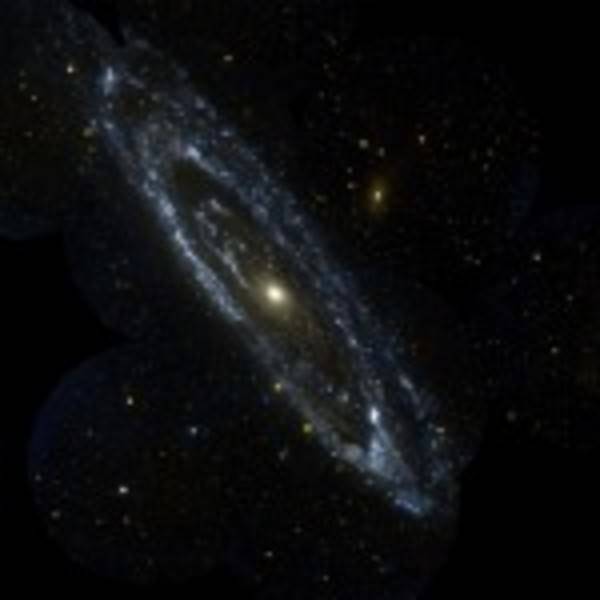After Pluto was demoted from planet to minor planet, the keening began. Now, astronomers Duncan Forbes and Pavel Kroupa have decided to crowdsource the definition of a galaxy.

Forbes, from Australia, and Kroupa, from Germany, have published a paper that introduces the problem of definition when it comes to galaxies, which may be more of a question even than what is a planet?
From the paper:
“Although originally classified as galaxies, Ultra Compact Dwarfs (UCDs) share many properties in common with globular star clusters. The debate on the origin and nature of UCDs, and the recently discovered ultra-faint dwarf spheroidal (dSph) galaxies which contain very few stars, has motivated us to ask the question `what is a galaxy?’ Our aim here is to promote further discussion of how to define a galaxy and, in particular, what separates it from a star cluster.”
Their reader survey, “What is a galaxy?” is as simple as their paper is complex. The intention, however, is likewise simple.

“(I)n the spirit of a `collective wisdom’, invite readers to vote on their preferred definition of a galaxy via a dedicated website.”
Among possible definitional points:
You know – stuff like that.
- Gravitationally bound stellar system (minimum)
- Minimum size
- Long two-body relaxation time
- Satellite system
- Presence of complex stellar populations
- Non-baryonic dark matter
Will you, the star fan, the amateur astronomer, produce the definitive definition of a galaxy to be used to identify them in the future? Probably not. But you can at least take a hand in it. In the same way that, if you want to complain about the government, you better vote, if you want to snort at the demotion of an ultra-faint dwarf spheroidal galaxy to a star cluster, you better speak up.
Galaxy photos by Nasa | other sources: PopSci, Technology Review

















